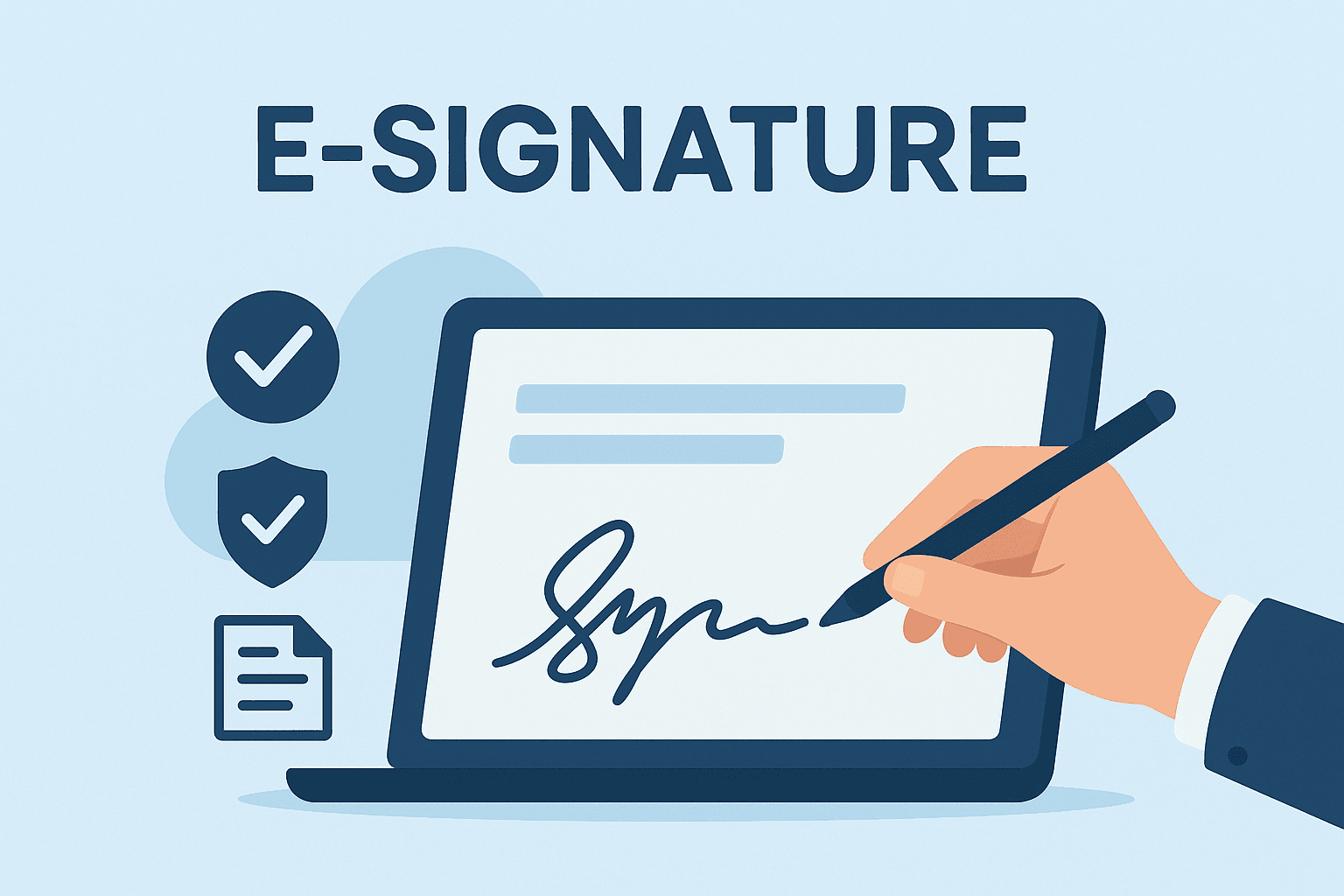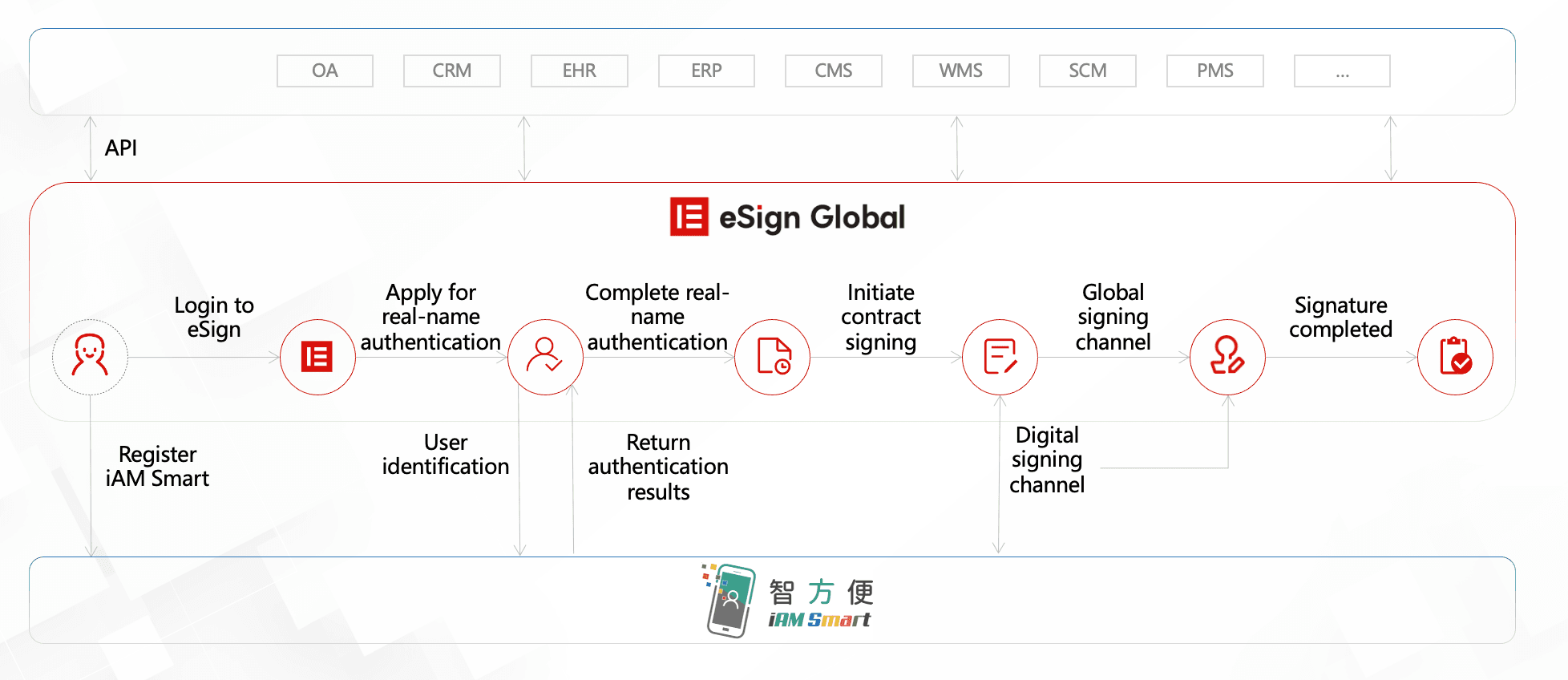are electronic signature legally binding





Are Electronic Signatures Legally Binding? A Clear Guide with Regional Insights
In an increasingly digital world, electronic signatures have revolutionized how we sign and manage documents, offering speed, convenience, and reduced paper clutter. However, an important question remains for many businesses and individuals: Are electronic signatures legally binding? The short answer is yes — in most jurisdictions, including Hong Kong and other Southeast Asian countries, electronic signatures carry the same weight as handwritten ones, provided they meet certain criteria.
In this article, we will explore the legal framework surrounding electronic signatures, highlight local legal terminologies for compliance, and offer insightful recommendations for users in Hong Kong and Southeast Asia.
Understanding Electronic Signatures
An electronic signature — or e-signature — refers to any electronic method that signifies approval or acknowledgment on a digital document. This can range from a typed name, a scanned image of a signature, to a secure digital process using authentication tools.
Not to be confused with digital signatures (a subset involving encryption-based security), e-signatures vary in complexity depending on the platform used.

Global Standards and Local Legality
Under most modern laws, electronic signatures are recognized as legally valid. For instance:
- United States: The ESIGN Act and UETA confirm that electronic signatures are admissible and enforceable.
- European Union: eIDAS regulation classifies various types of electronic signatures, focusing on Qualified Electronic Signatures (QES) for higher legal robustness.
But how about Hong Kong and Southeast Asia?
Legal Compliance in Hong Kong
Hong Kong has its own regulatory framework under the Electronic Transactions Ordinance (Cap. 553), which grants legal recognition to electronic records and signatures. According to the ETO:
“Any requirement for a signature is satisfied by an electronic signature if it is:
- Reliable for the purpose of identifying the person, and
- Appropriate having regard to the purpose for which the signature is required.”
This clearly means that as long as an e-signature solution can securely verify the signer’s identity and intent, the document is just as legally binding as a paper-signed agreement.

E-Signature Legality Across Southeast Asia
Southeast Asian countries have had varying degrees of adoption when it comes to e-signature regulations. Let’s review a few examples:
- Singapore: Governed by the Electronic Transactions Act (ETA), which permits electronic signatures as long as they meet authentication and reliability standards.
- Malaysia: The Digital Signature Act recognizes digital signatures, especially for documents requiring high-level security and legal standing.
- Thailand: The Electronic Transactions Act (2001) recognizes the validity of electronic signatures, stressing intent and authentication.
All these regulations typically require the following conditions for an electronic signature to be legally binding:
- Intent to sign by the signer.
- Consent to do business electronically.
- The electronic signature must be logically associated with the signed document.
- The method used must allow for reliable identification of the signer.
Use Case Examples
Businesses across sectors—real estate, banking, legal, and HR—now rely on e-signatures for efficiency. Consider a Hong Kong-based business signing a contract with a Singaporean supplier. Instead of sending agreements back and forth via courier, a secure e-signature platform enables both parties to execute binding contracts instantly.

In a regional business environment where cross-border agreements are frequent, the relevance of local regulations and compliance becomes even more critical.
Key Features to Look For in a Reliable E-Signature Solution
To ensure complete legal enforceability, especially across borders, users should consider platforms offering:
- Audit Trails: Records of who signed, when, and from where.
- Multi-Factor Authentication: Verifies signer identity effectively.
- Data Protection: Compliance with data sovereignty laws like GDPR or equivalent local standards.
- Support for Multiple Languages and Jurisdictions.
An example of a secure, compliant method is incorporating SMS passcodes or ID verification before signing—standard features in enterprise-grade solutions.

Common Misconceptions About Electronic Signatures
Let’s dispel a few myths often surrounding this technology:
- “They’re not secure.” In reality, with encryption and multifactor authentication, top platforms make electronic signatures far more secure than handwritten ones.
- “They’re not accepted in court.” Legally recognized e-signatures, especially those with verifiable audit trails, are admissible as evidence in most legal systems.
- “Paper signatures are still preferred for official documents.” In many countries, official documents, including government contracts, can now be executed electronically—provided the right solution is used.
Are There Documents That Still Require Wet Signatures?
Yes, even in regions that recognize e-signatures, certain documents may still require a traditional wet ink signature. For example:
- Land or real estate documents (in certain jurisdictions)
- Wills and testamentary documents
- Documents that require notarization or involve government formalities
Always verify with legal counsel or the relevant government department before signing certain legal documents electronically.
Final Thoughts: Is It the Right Time for You To Adopt E-signatures?
Given the high level of legal recognition, combined with operational efficiency and cost savings, adopting e-signatures is no longer just a technological upgrade—it’s a strategic necessity.
For businesses operating in or with clients from Hong Kong and Southeast Asia, it is crucial to choose an e-signature platform that aligns with local regulations such as Cap. 553 (HK), ETA (SG), or DS Act (MY).
For Hong Kong & Southeast Asia Users: Choose a Regionally Compliant E-signature Solution
While popular global platforms like DocuSign have wide usage, users in Hong Kong and Southeast Asia may benefit more from a regionally optimized alternative such as eSignGlobal. Designed with local legislation, data privacy, and multilingual support in mind, it ensures that your signatures meet not just global standards—but also local law.

Conclusion
So, are electronic signatures legally binding? Yes, they are — and increasingly indispensable in today’s digital-first world. Just make sure your platform of choice complies with local laws, offers secure authentication, and provides thorough audit trails. For those in Hong Kong and Southeast Asia, solutions like eSignGlobal offer the dual advantage of global reliability blended with local compliance.

 Only business email allowed
Only business email allowed


